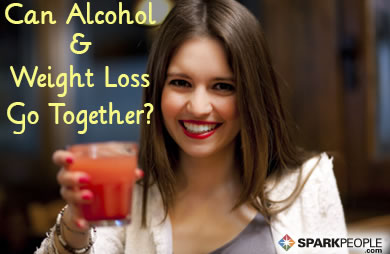|
One of the top one hit wonder songs of the 1980's was Relax by Frankie Goes to Hollywood. The key words to the song were relax and don't do it. Those words also apply to the new line of beverages called relaxation drinks. A new Wall Street Journal article outlines some scary truths about these new drinks that have not been clinically tested but have been touted to lower stress, anxiety and aid sleep. Since key ingredients range from plant extracts to natural human hormones, I thought it would be important to explain a little more about them before you decide if they are right for you. While the UK, Japan, and France are also embracing the relaxation drink craze, the U.S. is the relaxation drink leader hosting dozens of brands. Drink names like Vacation in a Bottle, Mary Jane's Relaxation Soda, Dream Water, and Mini Chill entice people to try the drinks but care is necessary since marketing focus and study claims can be misleading. Take for instance an ingredient in Mary Jane's soda called kava root that has scientific evidence for effectiveness in reducing anxiety. Documented kava success was in people with doctor-diagnosed anxiety not day-to-day stress. Therefore, if you are looking to reduce your "road rage" or to reduce anxiety for an airplane trip, you may not find significant benefit. If you have medical conditions, kava root may not be for you either. The Food and Drug Administration warned about kava root back in 2002 because it was linked with severe liver injury that for some people led to liver failure and transplantation. These links with liver injury came from dietary supplements and the company that produces Mary Jane's soda believes it uses a safer method but does suggest consumers limit intake. Another drink, Dream Water, contains a hormone known as melatonin, the amino acid 5-hydroxytryptophan, and the neurotransmitter gamma-amino butyric acid. Although melatonin may assist sleep in healthy people, in January the FDA issued warnings that it has not been approved as a food additive although companies are marketing these drinks under the category of dietary supplements. Because these blurred lines exist which interfere with consumer safety, legislation has been introduced to regulate dietary supplements. Instead of using questionable relaxation drinks that could put your health at risk and may provide over 150 calories and 45 grams of sugar, perhaps other relaxation options would be better. Try deep breathing or progressive muscular relaxation (PMR) to help you relax and release tension. If your work is stress filled, find easy ways to relax on the job that helps you find your center and does not require artificial drinks. When insomnia keep you from falling asleep or staying asleep, evaluate potential causes and alternative solutions that might help while also improving your health at the same time. Consider yoga and learning poses that help you rest better. Have you heard of relaxation drinks before. Are these something you would consider or are other options for stress and relaxation things you would consider first? |
More From SparkPeople
|















